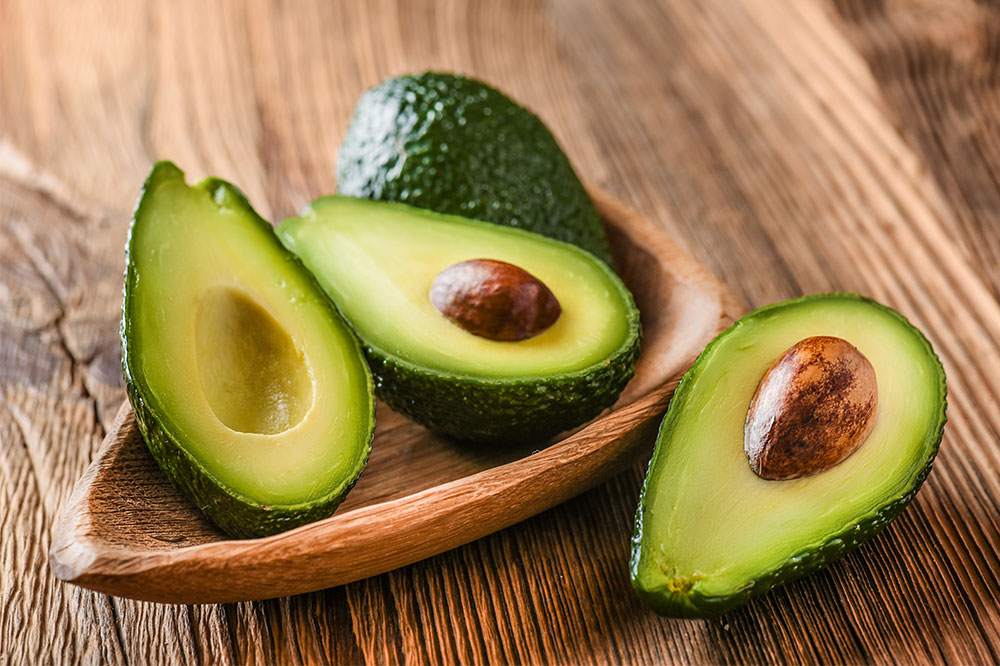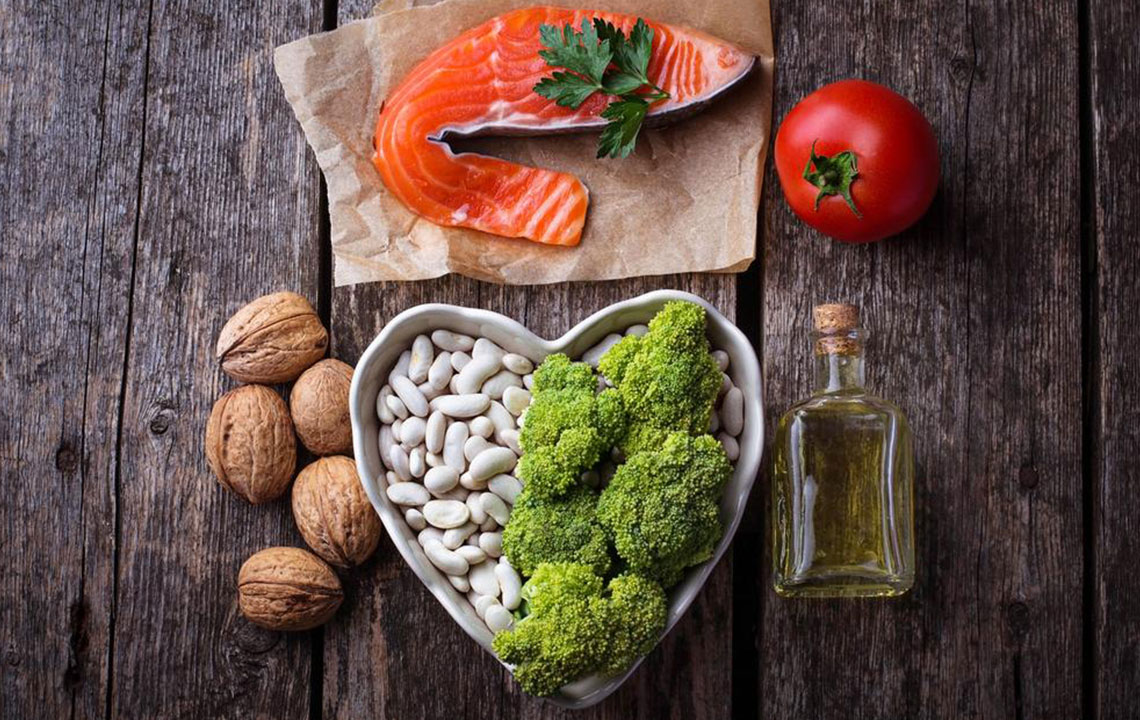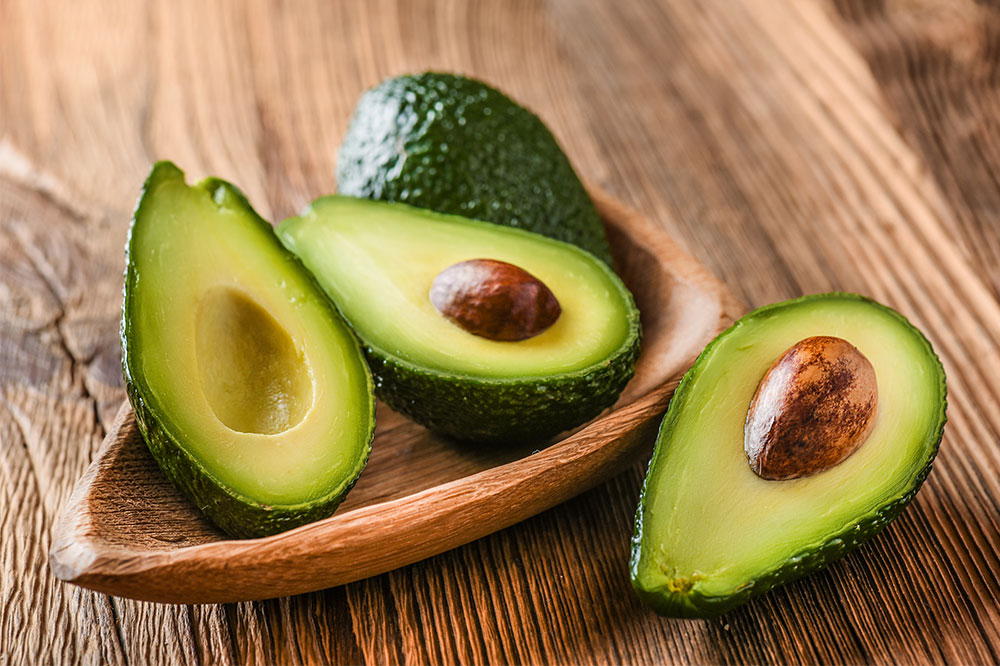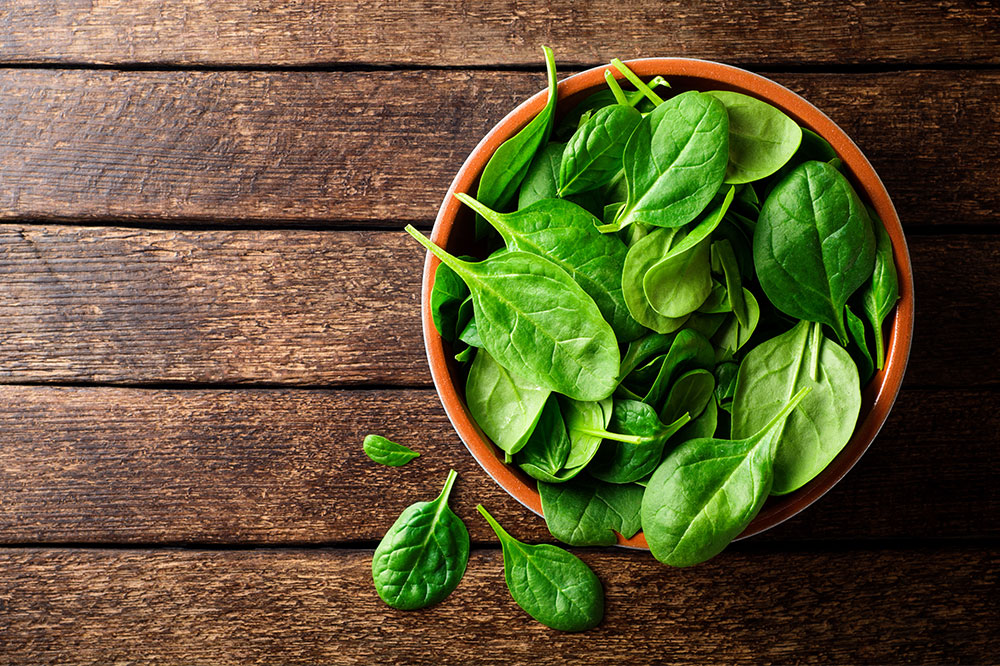Top 4 Nutritional Foods for Supporting Kidney Cancer Patients
Discover four key foods that support kidney cancer management. Including fruits, vegetables, fish, and whole grains in your diet can bolster your immune system, reduce inflammation, and promote kidney health. Always consult your healthcare provider before making dietary changes to ensure they align with your treatment plan.

Maintaining a balanced and nutrient-rich diet is vital for overall health, especially when combating illnesses like kidney cancer. Proper nutrition ensures the body functions optimally, providing energy and supporting recovery. Certain foods can be particularly beneficial for those fighting renal cancer, but it’s crucial to consult with healthcare providers before altering dietary routines.
Fruits and Vegetables
Daily intake of fruits and vegetables supplies essential vitamins, minerals, fiber, and antioxidants. These foods help reduce inflammation and strengthen the immune system, making them a core part of a supportive diet for kidney cancer patients.
Fish
Incorporating fatty fish such as salmon and mackerel into meals provides omega-3 fatty acids, which help control inflammation and may inhibit cancer cell growth. Fish also offers high-quality protein that aids tissue repair and boosts immune defense.
Whole Grains
Whole grains, including oats, brown rice, and quinoa, help fulfill the body's carbohydrate and fiber needs. They supply vital micronutrients like iron and magnesium, supporting energy levels and overall systemic health.
Hydration
Staying properly hydrated is key to kidney health. Water helps regulate body pH, flush out toxins, and maintain optimal kidney function. However, individuals should balance fluid intake carefully, as overhydration can lead to complications in cases of impaired kidney function.
Disclaimer:
The information provided regarding symptoms, treatments, and health conditions is for informational purposes only. Always consult healthcare professionals before making dietary or medical decisions. The content should not replace professional medical advice.










